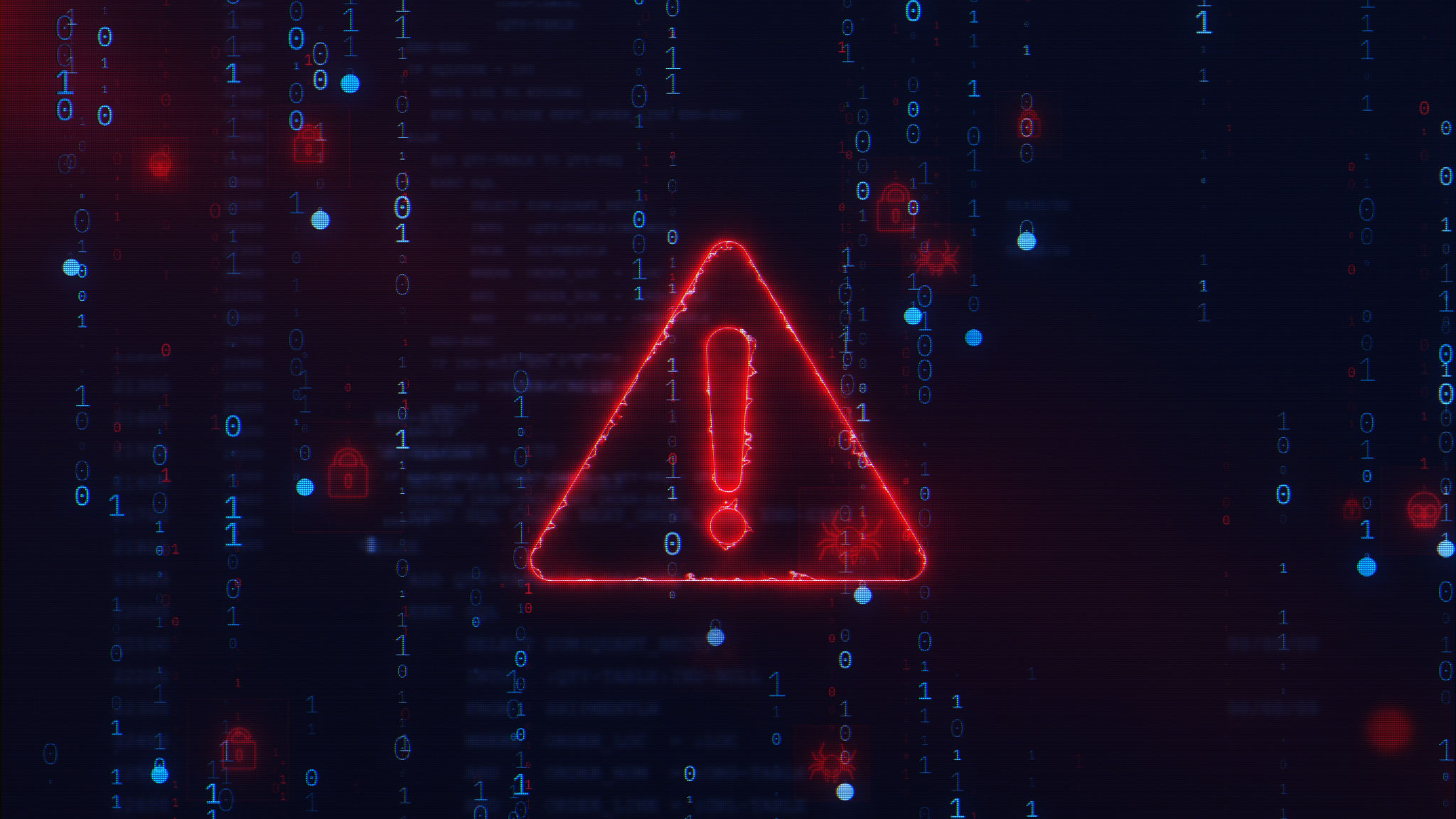Expert Insights: Preparing for Cyber Threats in the Retail Sector
Understanding the Cyber Threat Landscape
In today's digital age, the retail sector is increasingly vulnerable to cyber threats. With the rapid growth of online transactions and digital payment methods, retailers are prime targets for cybercriminals. Understanding the cyber threat landscape is crucial for retail businesses to protect their operations, customer data, and reputation.
Common threats include malware, phishing attacks, and ransomware. These cyber threats can lead to significant financial losses, data breaches, and a loss of consumer trust. Therefore, being proactive in identifying and mitigating these risks is imperative for retail businesses.

The Importance of Cybersecurity Measures
Implementing robust cybersecurity measures is essential for safeguarding retail operations. Retailers must invest in advanced security solutions like firewalls, intrusion detection systems, and encryption technologies. Regular software updates and patches are also critical in preventing vulnerabilities that cybercriminals could exploit.
Moreover, educating employees on cybersecurity best practices is vital. Employees are often the first line of defense against cyber threats, so training them to recognize phishing emails and suspicious activities can help in reducing the risk of successful attacks.

Developing a Comprehensive Cybersecurity Strategy
A well-defined cybersecurity strategy is a cornerstone of any retail business's defense against cyber threats. This strategy should include risk assessments, incident response plans, and continuous monitoring of network activities. By understanding potential vulnerabilities, retailers can better prepare for and respond to cyber incidents.
Retailers should also consider partnering with cybersecurity experts to stay ahead of emerging threats. These professionals can provide valuable insights and guidance on the latest security trends and technologies, helping businesses maintain a robust security posture.

Leveraging Technology for Enhanced Security
Advancements in technology offer retail businesses new tools to enhance their cybersecurity measures. Artificial intelligence (AI) and machine learning (ML) can be leveraged to detect unusual patterns and potential threats in real-time. These technologies enable faster responses to incidents, minimizing damage and downtime.
Additionally, implementing multi-factor authentication (MFA) adds an extra layer of security, making it more difficult for unauthorized users to gain access to sensitive information. Retailers should prioritize adopting such technologies to bolster their cybersecurity framework.
The Role of Regulatory Compliance
Compliance with industry regulations and standards is another crucial aspect of preparing for cyber threats in the retail sector. Regulations such as the Payment Card Industry Data Security Standard (PCI DSS) provide guidelines for securing payment transactions and protecting customer data.
Adhering to these standards not only helps retailers avoid legal penalties but also demonstrates a commitment to data protection. Regular audits and compliance checks ensure that retail businesses remain aligned with industry best practices and are prepared for any potential cyber threat.